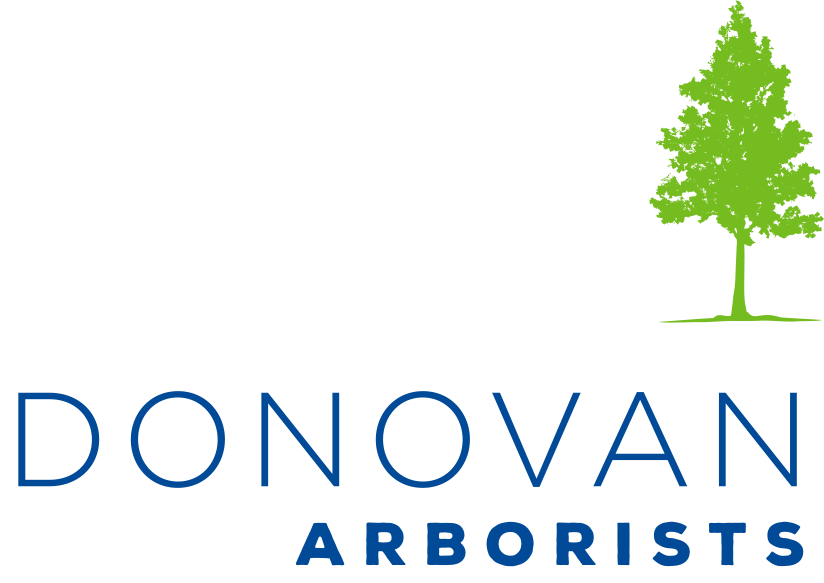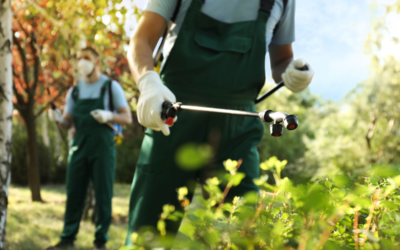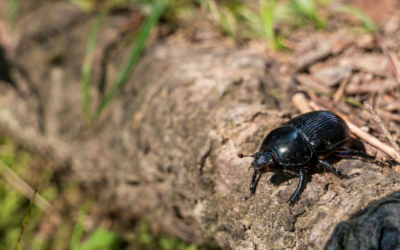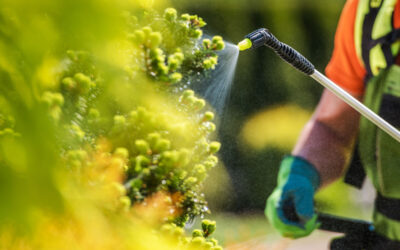Keeping Colorado Green and Pest-Free: A Guide to Integrated Pest Management (IPM)
Colorado’s vibrant cityscape thrives alongside diverse plant life, from manicured lawns to towering trees. But keeping everything flourishing can be a challenge, especially with unwanted pests lurking around the corner. That’s where Integrated Pest Management (IPM) comes in – a smart and sustainable approach to protecting your home and garden from pests.
What is IPM?
IPM is a holistic approach to pest control that prioritizes prevention, monitoring, and targeted interventions over traditional methods relying solely on chemical applications. It aims to:
- Minimize reliance on harsh chemicals: This protects human health, the environment, and beneficial insects that naturally control pest populations.
- Focus on long-term solutions: IPM addresses the root causes of pest problems, preventing future infestations and promoting ecosystem resilience.
- Promote sustainable practices: By encouraging natural predators and fostering healthy ecosystems, IPM ensures a long-term solution for pest control.
Why IPM Matters for Colorado:
- Eco-Friendly: IPM prioritizes non-chemical solutions, minimizing environmental impact and protecting beneficial insects that naturally control pest populations.
- Effective: IPM combines various techniques for long-term pest control, reducing reliance on harmful chemicals and preventing pest resistance.
- Sustainable: By focusing on preventative measures, IPM promotes the health of your plants and reduces the need for future interventions.
IPM in Action:
Colorado residents can implement various IPM strategies to create a pest-free haven:
- Prevention: Start with healthy plants! Proper watering, fertilization, and choosing pest-resistant varieties can deter pests naturally.
- Monitoring: Regularly inspect your plants and home for signs of pest activity. Early detection allows for prompt and targeted interventions.
- Mechanical and Cultural Controls: Hand-picking pests, using traps, or creating physical barriers like screens and plant spacing can effectively manage pest populations.
- Least Toxic Methods: If necessary, opt for targeted, low-impact pesticides that only affect the specific pest and minimize harm to the environment.
- Promoting healthy plants: Choosing native and climate-adapted plants, providing proper irrigation, and maintaining good soil health create strong, resilient plants less susceptible to pests.
- Encouraging beneficial insects: Planting flowering gardens, providing nesting sites, and avoiding broad-spectrum pesticides attract ladybugs, lacewings, and other natural pest predators.
Benefits of IPM:
- Safer Homes: IPM minimizes exposure to harmful chemicals, creating a healthier environment for families and pets.
- Cost-Effective: By preventing major infestations and relying less on frequent chemical treatments, IPM can save you money in the long run.
- Sustainable Future: Implementing IPM promotes a healthy ecosystem, benefiting both residents and the environment.
For more complex pest problems or professional guidance, consider working with a certified arborist, like Donovan Arborists. These experts can assess your specific situation and develop a customized IPM plan to address your unique needs.
Remember: By adopting an IPM approach, you can contribute to a greener and healthier Colorado while protecting your home and garden from unwanted pests. Let’s work together to keep Colorado thriving, one pest-free yard at a time!
Additional Resources:
Donovan Arborists – Integrated Pest Management (IPM) services
Denver Office of the City Forester – IPM
Contact us today at (303) 623-8733 (TREE) or send us a request for a Free Estimate. Take a look at our Plant Health Care services for more information. Our service areas include Centennial, Cherry Hills Village, Denver, Englewood, Golden, Greenwood Village, Highlands Ranch, Lakewood, Littleton, Lone Tree and Wheat Ridge. We look forward to hearing from you!




